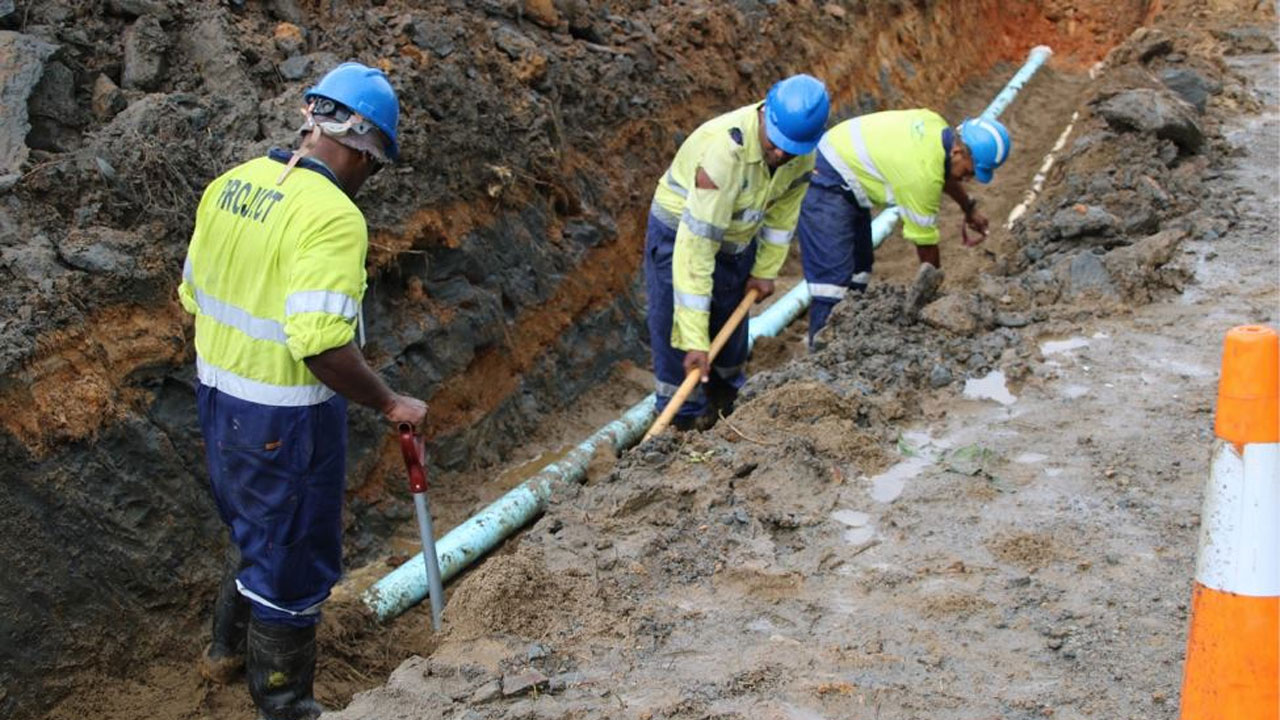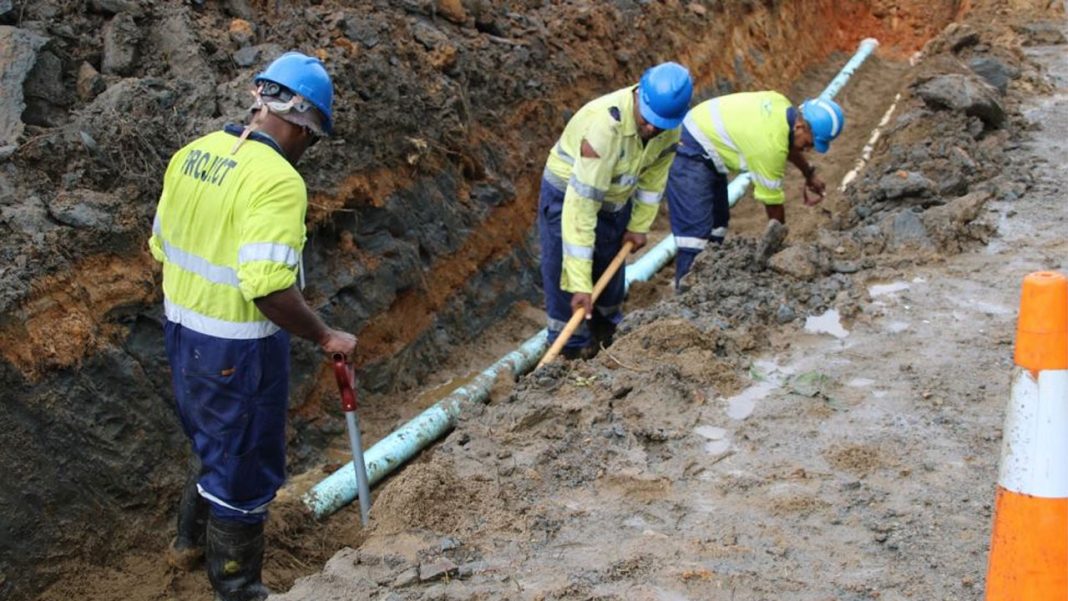
Title: The Challenges and Solutions of Australia’s International Education Sector
Introduction:
Australia’s international education sector has been a significant contributor to the country’s economy, but concerns have been raised about its sustainability and impact on society. In this article, we will explore the allegations made by Matt Barrie, CEO of Freelancer tech, regarding the sector’s operation as a “Ponzi scheme.” We will also delve into the issues of low standards for international students, impractical study programs, inflation, and the disputed revenue data. Finally, we will examine Barrie’s proposal for an infrastructure levy on international students and the government’s response through the implementation of a student intake cap.
The Problems in Australia’s International Education Sector:
Low Standards and Impractical Study Programs:
Barrie highlights the issue of low standards for international students, stating that the government only requires proof of $29,710 in financial capacity to cover living expenses throughout their studies. This minimal requirement raises concerns about how students can afford basic necessities. Additionally, Barrie questions the practicality of vocational and English courses, with a significant number of international students enrolled in these programs. The lack of valuable outcomes from these courses raises doubts about their long-term benefits for students when they return to their home countries.
Alleged Inflation and Disputed Revenue Data:
Barrie suggests that the influx of “fake students” exacerbates the cost of living crisis in Australia. With 12 percent of the global international student population, the strain on resources and infrastructure is significant. He disputes the government’s claim that international education contributed $47.8 billion to the economy, arguing that this figure includes every dollar spent by international students, even if it was earned within Australia. Barrie points out that the actual cash coming into the country from international students is significantly lower than the reported export value.
Addressing the Strain on Infrastructure:
Barrie emphasizes the strain international students place on Australia’s infrastructure. He highlights the insufficiency of their financial contribution to cover the true costs associated with accommodating a growing population. Barrie argues that taxpayers bear the burden of providing essential infrastructure and services while their own quality of life suffers. He suggests levying a substantial infrastructure fee on international students to recoup the true costs they impose on Australian society. This would not only help alleviate the burden on taxpayers but also distinguish genuine students and skilled migrants from those seeking easy pathways to permanent residency.
The Government’s Response: Intake Cap and Concerns:
In response to the concerns raised, the Labor government has implemented a cap on international student intake, limiting it to 270,000 in 2025. The aim of this policy is to bring the number of new international student commencements back to pre-pandemic levels. While the government argues that this measure is necessary to curb exploitation and maintain economic stability, universities have expressed concerns about the potential economic impact. The government of Victoria, known as the education state, opposes the cap, citing unintended consequences on the economy and job market.
Conclusion:
Australia’s international education sector faces significant challenges, from low standards and impractical study programs to inflation and strain on infrastructure. Matt Barrie’s allegations have shed light on the flaws within the system, prompting discussions about sustainability and fairness. The government’s response through a student intake cap shows an acknowledgment of the issues but also raises concerns about the potential economic impact. As the sector evolves, finding the delicate balance between economic benefits and the well-being of both international students and Australian society is crucial.


